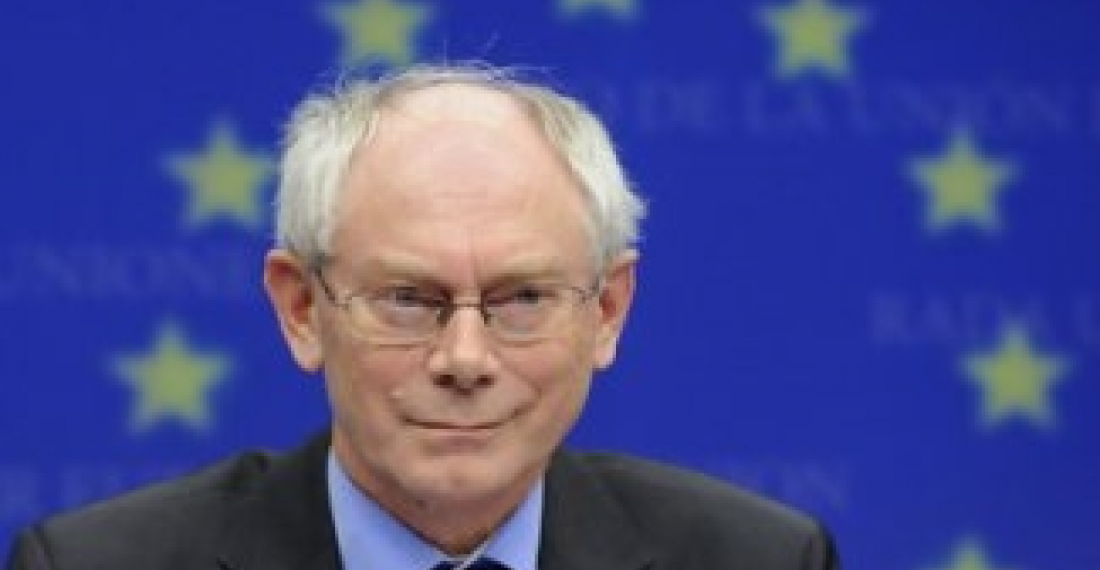During his speech at the 30th bilateral summit of the European Union and Russia, Rompuy said that the active cooperation between EU and Russia can lead to achievements in the resolution of Transdniestrian and Armenian-Azerbaijani conflict over Nagorno Karabakh.
Brussels hosts the 30th bilateral summit of the European Union and Russian Federation on the highest level.
At the meeting Russia is represented by President Vladimir Putin and EU-by president of the European Council Herman Van Rompuy and Chairman of the European Commission Jose Manuel Barroso.
The plenary session during which the leaders discuss the political and economic situation in Russia and EU, as well as the strategic prospects of EU-Russia ties development.
The summit is also attended by Catherine Ashton, EU High Commissioner For External Affairs and Security Policy and deputy chairman of the European Commission, as well as members of the European Commission Gunter Oettinger (energy) and Carel de Guht (trade).
Russia is represented by Foreign Minister Sergey Lavrov, Energy Minister Alexander Novak and Economy Minister Andrey Belousov.
News.Az







